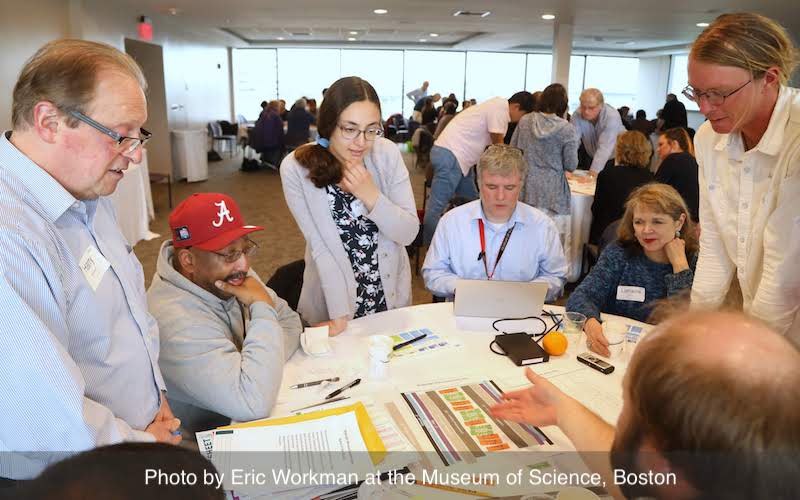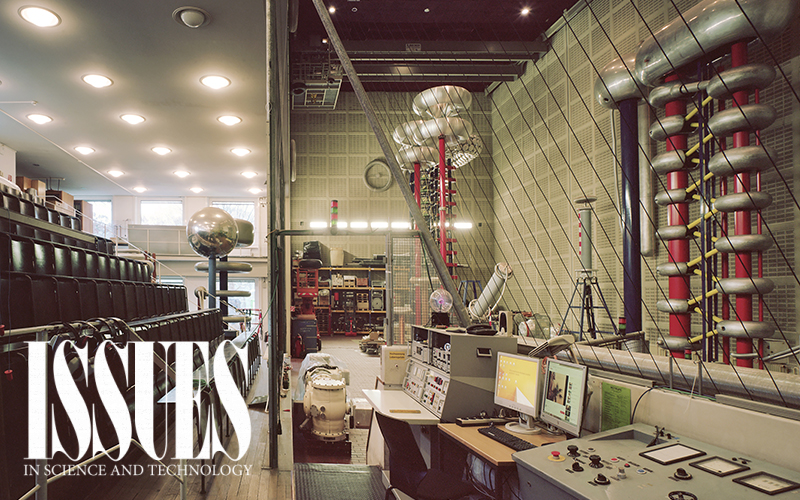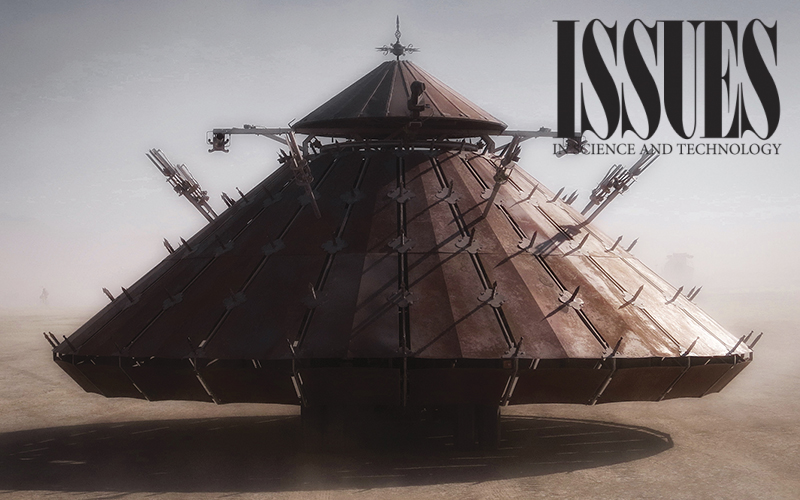CSPO News In the Press
-

Public Value Science
In an increasingly unequal society, America’s science policies are a regressive force. They need to be refocused on creating benefits for all people.
In an economic environment characterized by growth but also by extreme inequality, science and technology not only reinforce inequality but also, in some instances, help widen the gap. Science and technology can be a regressive factor in the economy.
-

Can Voting by Mail Ensure a Safe and Secure Election?
The challenges and misconceptions of vote-by-mail
The COVID-19 pandemic has the potential to disrupt the most important tenet of democracy: political representation. In response, many states are implementing or considering systems to allow citizens to vote by mail. What are the challenges to scaling up vote-by-mail so quickly?
-

The Emergence of the Fifth Wave in American Higher Education
America’s future depends on embracing the idea that excellence and access in higher education are not incompatible, but synergistic.
By excluding huge proportions of the population, the nation excludes the experience, ideas, intelligence, and ambitions of those millions. Equity and excellence are complementary because talent is distributed throughout the socioeconomic spectrum.
-

Winter 2020 Issues in Science and Technology
Authors in the latest issue reimagine science institutions, discover the hidden influence of academic publishers, warn against the claims of precision medicine, and much more.
A reassessment of the landmark policy report Science, the Endless Frontier finds that the time has come for a fresh look at how the United States invests in scientific research.
-

Announcing the Public Interest Technology Community Innovation Fellowship!
An immersive learning program for engaging communities in science and technology policy, education and research
This pilot fellowship will train the next generation of science-engagement professionals to collaborate with local civic, government, and university partners to engage the public on science and technology issues that matter to their local communities. Apply by January 29, 2020!
-

Summer 2019 Issues in Science and Technology
The empty radicalism of the climate apocalypse, protecting the accuracy of the 2020 Census, artificial intelligence for a social world, and much more.
The policies proposed by climate activists and progressive politicians to combat global warming are not nearly as radical—or potentially effective—as claimed. What would it mean to get serious about addressing climate change?
-

Spring 2019 Issues in Science and Technology
Human gene editing, plus UFO sightings, smart manufacturing, autonomous vehicles, and much more.
For the Spring 2019 edition of Issues, leading thinkers in the field of genomics comment on where we are in the process of understanding and managing the use of the precision gene-editing tool CRISPR on humans.
-

Fall 2018 Issues in Science and Technology
What effect will technological advances have on the nature of work? A special section in the new issue helps to make sense of how work is changing.
Advances in artificial intelligence, robotics, and other technologies have produced anxiety about the future of work. The picture is so uncertain that cases can be made for a future shortage of skilled workers, a shortage of high-quality jobs, or a decline in the need to work at all. A special section in the latest Issues explores the future of work.
-

Summer 2018 Issues in Science and Technology
The new issue challenges some core assumptions that underpin policymaking in competitiveness, climate, energy, and more.
Relying uncritically on assumptions of questionable legitimacy is a poor way to make policy. This concern animates several of the essays in the Summer 2018 Issues in Science and Technology.